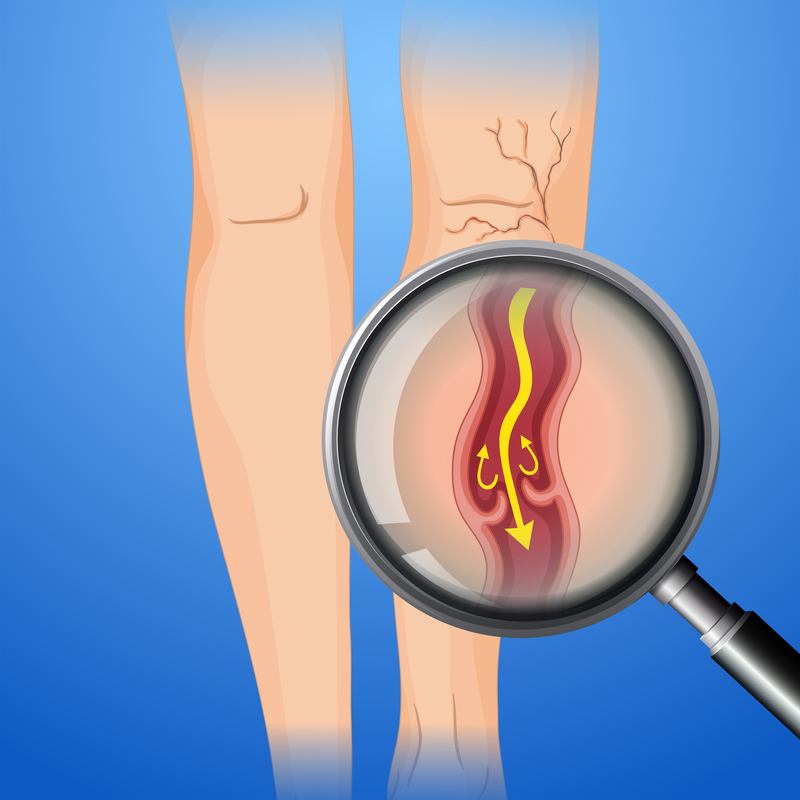Menu
- Home
- Treatments
- Our Providers
- About Us
- Patient Info
- Testimonials
- Locations
- Blog
- Financing
- Contact Us
- Home
- Treatments
- Our Providers
- About Us
- Patient Info
- Testimonials
- Locations
- Blog
- Financing
- Contact Us

Have you ever experienced leg discomfort, swelling, or varicose veins and wondered what might be causing these symptoms? These could be signs of venous reflux disease. At National Vascular Associates, we offer reliable vascular treatment options that can help you recover your health and wellbeing. Keep reading to learn about the most important aspects of venous reflux disease and available options for vascular care.

Venous reflux disease, or chronic venous insufficiency, occurs if the valves in the leg veins that usually keep blood flowing back toward the heart become weakened or damaged. This can then lead to a range of symptoms that affect your daily life. Common signs include:
These symptoms might worsen throughout the day, especially after prolonged standing or sitting. Recognizing these early signs is crucial for timely intervention and management.
Several factors may increase your likelihood of developing venous reflux disease. Key contributors include:
Diagnosing venous reflux disease involves a combination of a physical examination and specific tests. During your visit to Vascular Associates, our specialists will conduct a thorough medical assessment, which might include:
Treatment for venous reflux disease aims to alleviate symptoms and improve quality of life. Options can range from simple lifestyle changes to medical procedures:
At National Vascular Associates, we offer a range of diagnostic and treatment options, supported by a team of professionals that are committed to quality vascular care. If you're experiencing signs of venous reflux disease, reach out today. Let us help you find relief and improve your quality of life with our personalized treatment plans. Our friendly team can answer any questions you have and schedule a consultation with a qualified vascular specialist in your area.